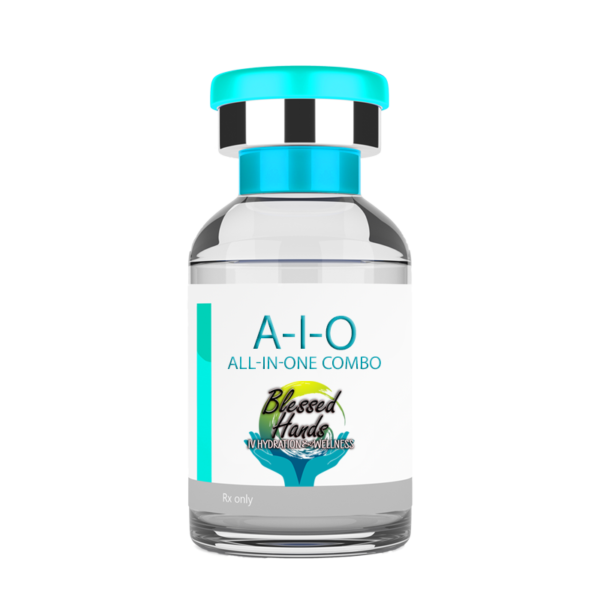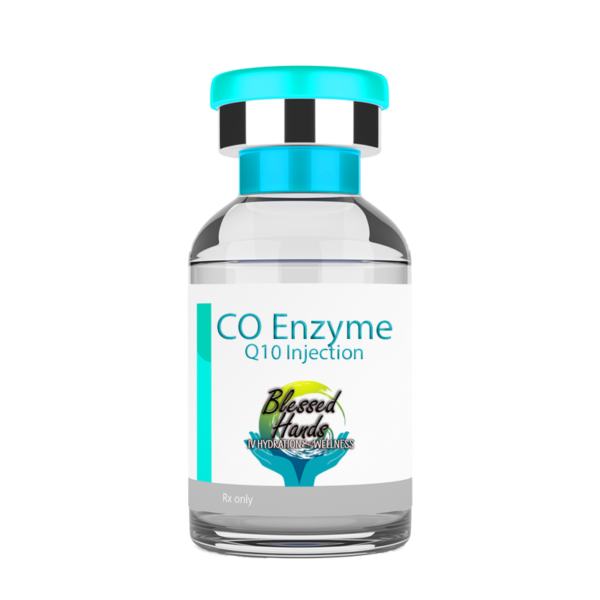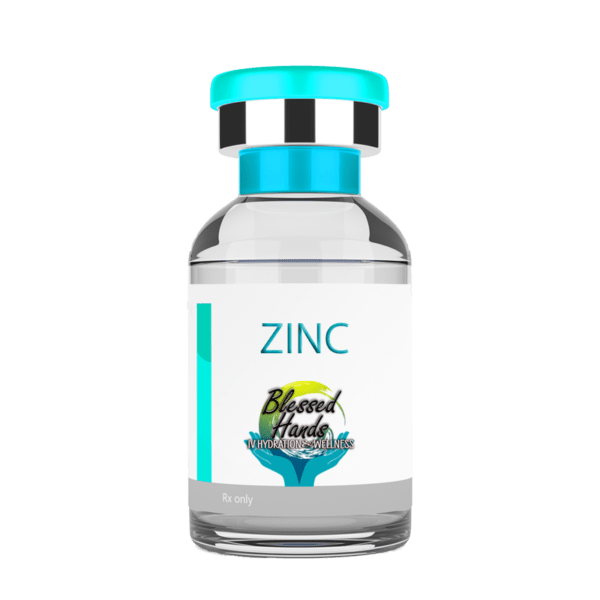Description
Benefits of vitamin D
Encourages the development of bones
Contributes to strong bones and prevents bone loss
Alleviates bone pain, muscle aches, and symptoms of inflammation
Boosts the immune system
Lowers cholesterol and blood pressure
Enhances mood and reduces anxiety
Reduces the risks of heart disease, obesity, and cognitive decline
When should you get vitamin D shots?
Vitamin D is naturally present in foods like cheese and fatty fish or foods fortified with vitamin D, such as dairy products and cereals. However, if you find you can’t get your recommended daily allowance of vitamin D from dietary sources or sun exposure, vitamin D supplementation is the only way to go. You can opt for a vitamin D supplement or vitamin D injections.
Treatment of vitamin D usually includes weekly, monthly, semiannually intramuscular injections per year, administered at specified intervals, but the dosage depends on the patient’s medical conditions, baseline levels of vitamin D, and levels of calcium. An injection of vitamin D consists of 300,000 IU of vitamin D3.
The effects of vitamin D from a single injection outweigh the effects of oral vitamin D supplements, especially for patients with severe vitamin D deficiency. Several doses of vitamin D injections are often recommended to people with dark skin, suffering from kidney problems, or who struggle getting their vitamin D from food due to poor intestinal absorption.




